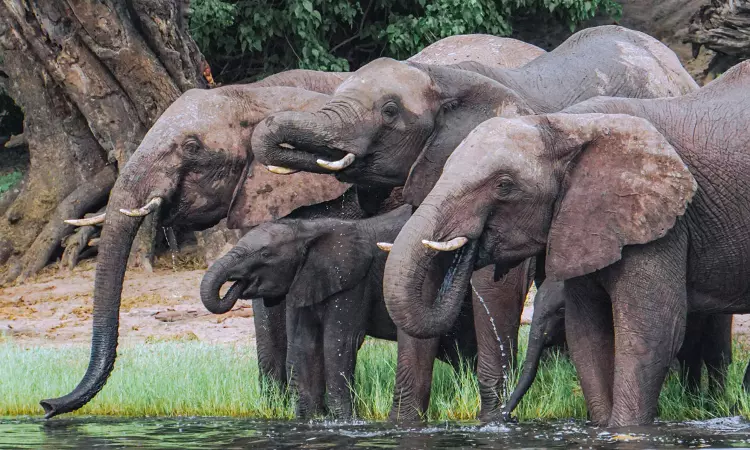While hearing a plea on the welfare of elephants, focusing on their rehabilitation and treatment in Bandhavgarh Tiger Reserve, the Jabalpur bench of the Madhya Pradesh High Court directed the respondent authorities to finalize its decision on the rehabilitation of the elephants as per the provisions of the Wild Life Protection Act.A division bench of Chief Justice Suresh Kumar Kait and...

